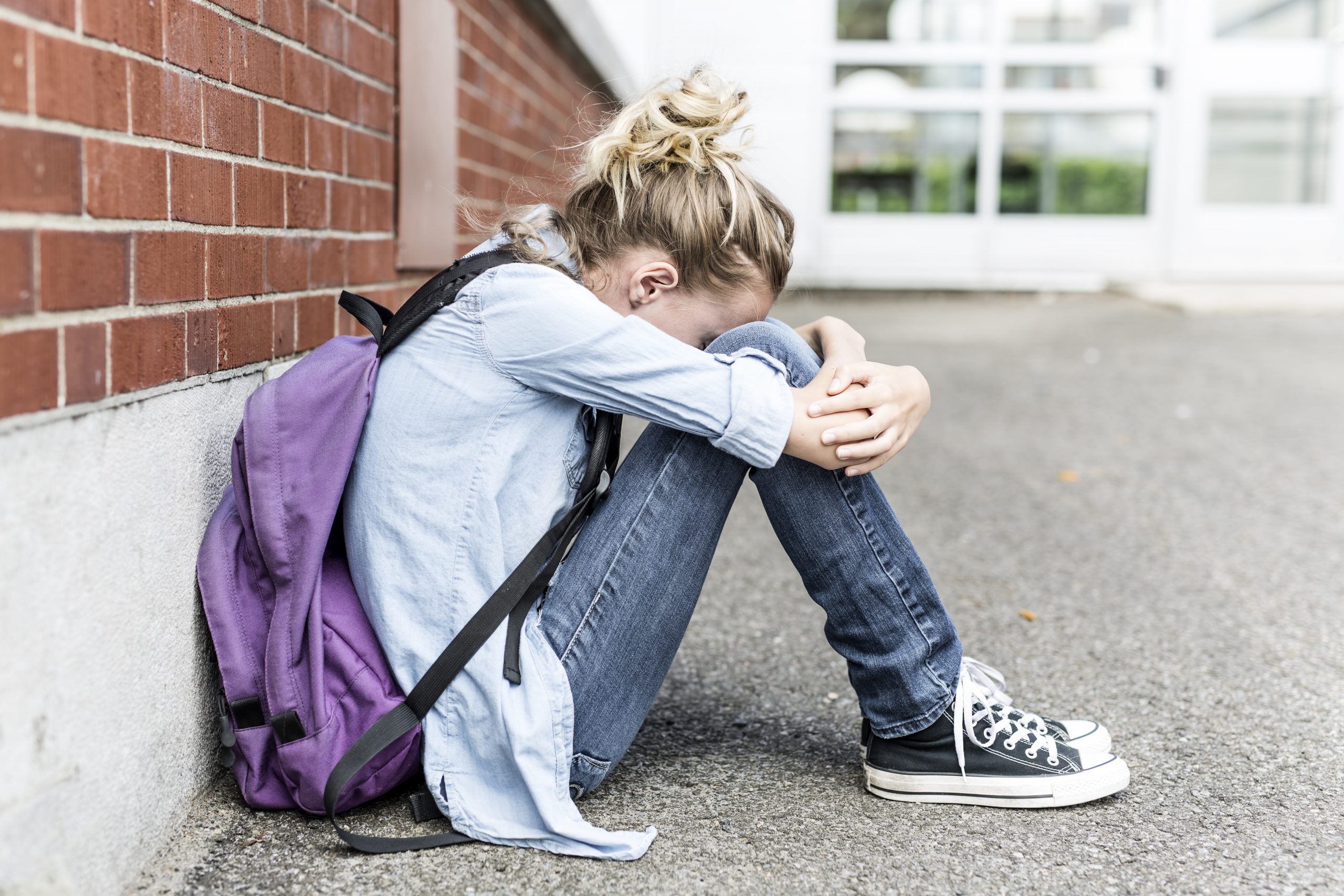There are multiple factors that influence children’s mental health. Some are built within each child, such as their personality, behaviours and family history, but external factors can also play a big part in a child’s psychological well-being.
Living conditions and relationships with family and friends, the country the child is living in and the economic and political challenges that the country brings and, of course, health-related events such as the current pandemic.
Whilst many believe that Generation Z (Or those aged between 7 and 24) have been affected the least by the impact of coronavirus, and some children benefited from a less structured life in Lockdown, Sage advisors have warned the government that its pandemic policies could result in a ‘Lost Generation’.
With a rise in reports of eating disorders, self-harm and problems sleeping, it is no wonder that more than a quarter of young people felt unable to cope with life during the pandemic and almost a third had suffered with panic attacks.
Despite this, referrals to mental health services have fallen and there has been a huge drop in ‘troubled’ children and teenagers being sent to specialist psychiatrists. This could be linked to reduced contact with GPs and schools, two of the main referrers for mental health support, however this makes the news no less worrying.
But the worry doesn’t stop when Coronavirus is eventually controlled, The disruption it has caused to education, the huge national debt and growing unemployment rates will all have a catastrophic impact on children’s futures, and those that are already vulnerable will be hit the hardest.
Special classes are now being carried out in classrooms across the country that focus on emotions and wellbeing and Local authorities have taken up offers of training by the Government to enable teachers and education staff in schools and colleges to support their pupils wellbeing on their return to education.
Backed by £8 million, the expert training programme, Wellbeing in Education Return, launched last month to provide continuing support during the Autumn and Spring terms for the additional pressures some young people may be feeling as a direct result of the pandemic including from bereavement, stress, trauma or anxiety over the past months.

The importance of support systems in place for children and families, including mental health services and wrap around support from schools has never been higher and calls for a transformation in the mental health support system for Social workers is one of the many options being looked at to help the social care industry work alongside schools and local authorities to help support the extra influx of support that will be required.
Despite the statistics, children and young people can be resilient and with special measures being put in place, government funding and all departments pulling together to implement more staffing and support, we can work together to try to avoid the next pandemic being children’s mental ill health.
From the team here at Select Social care





